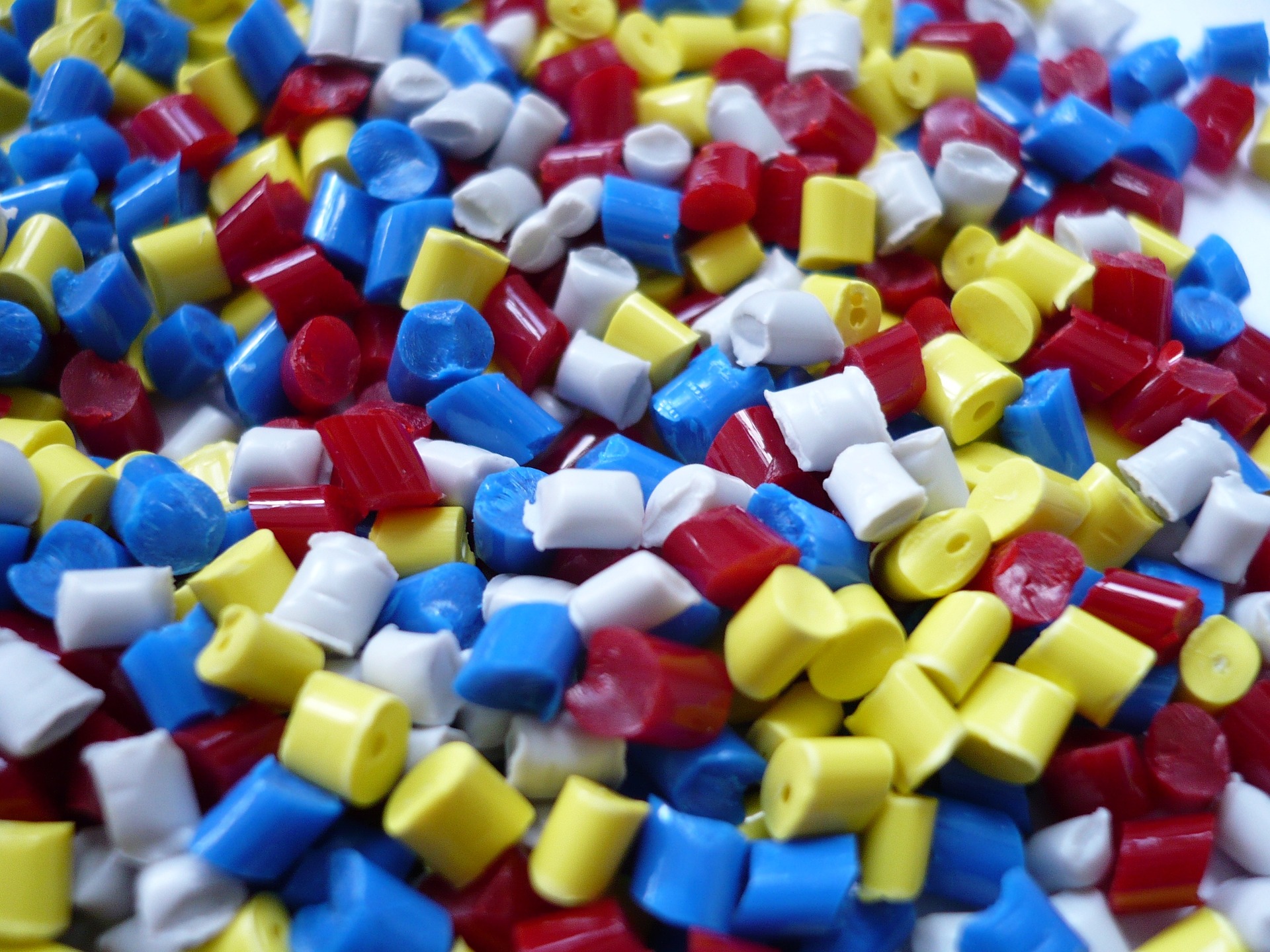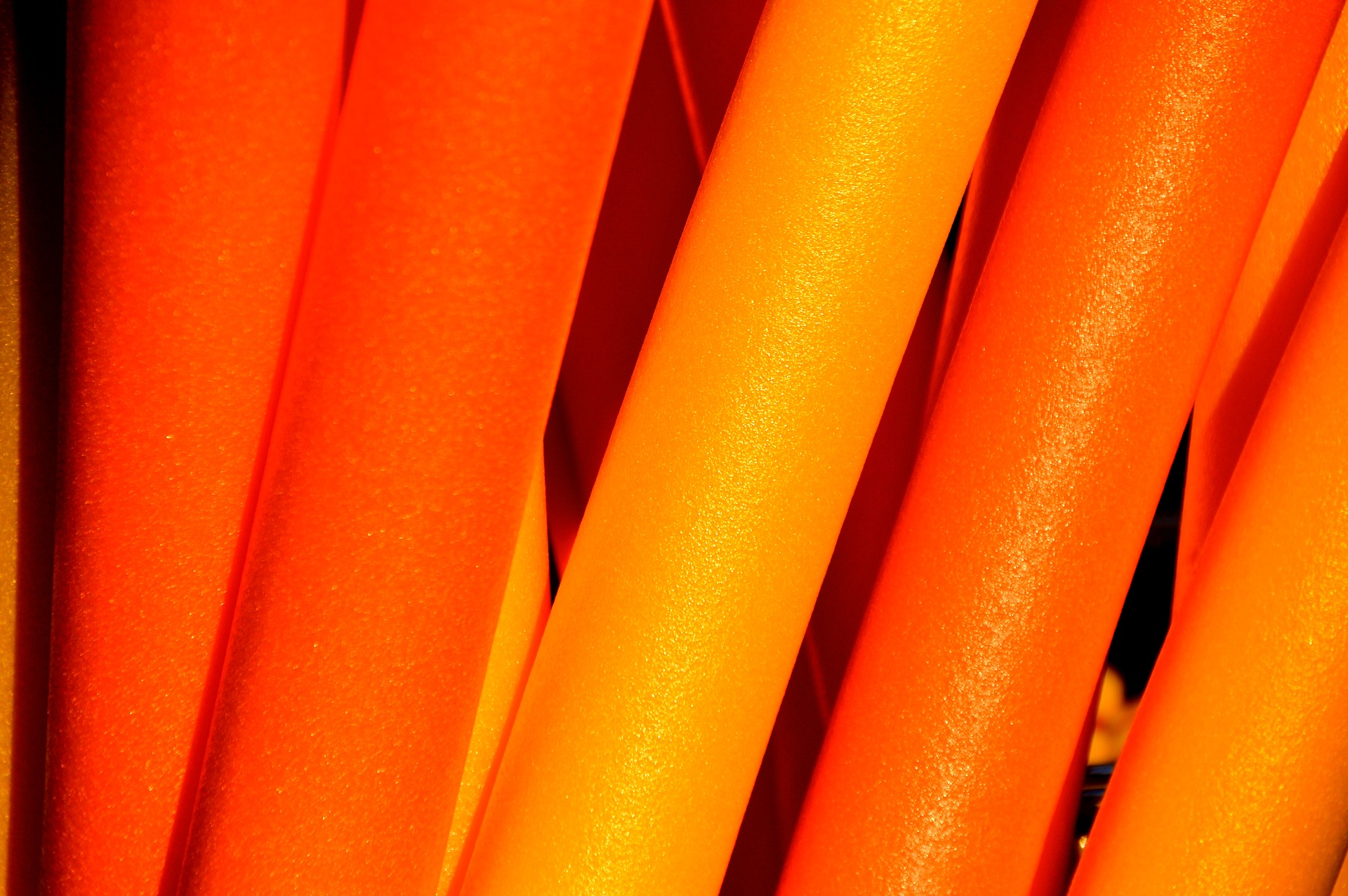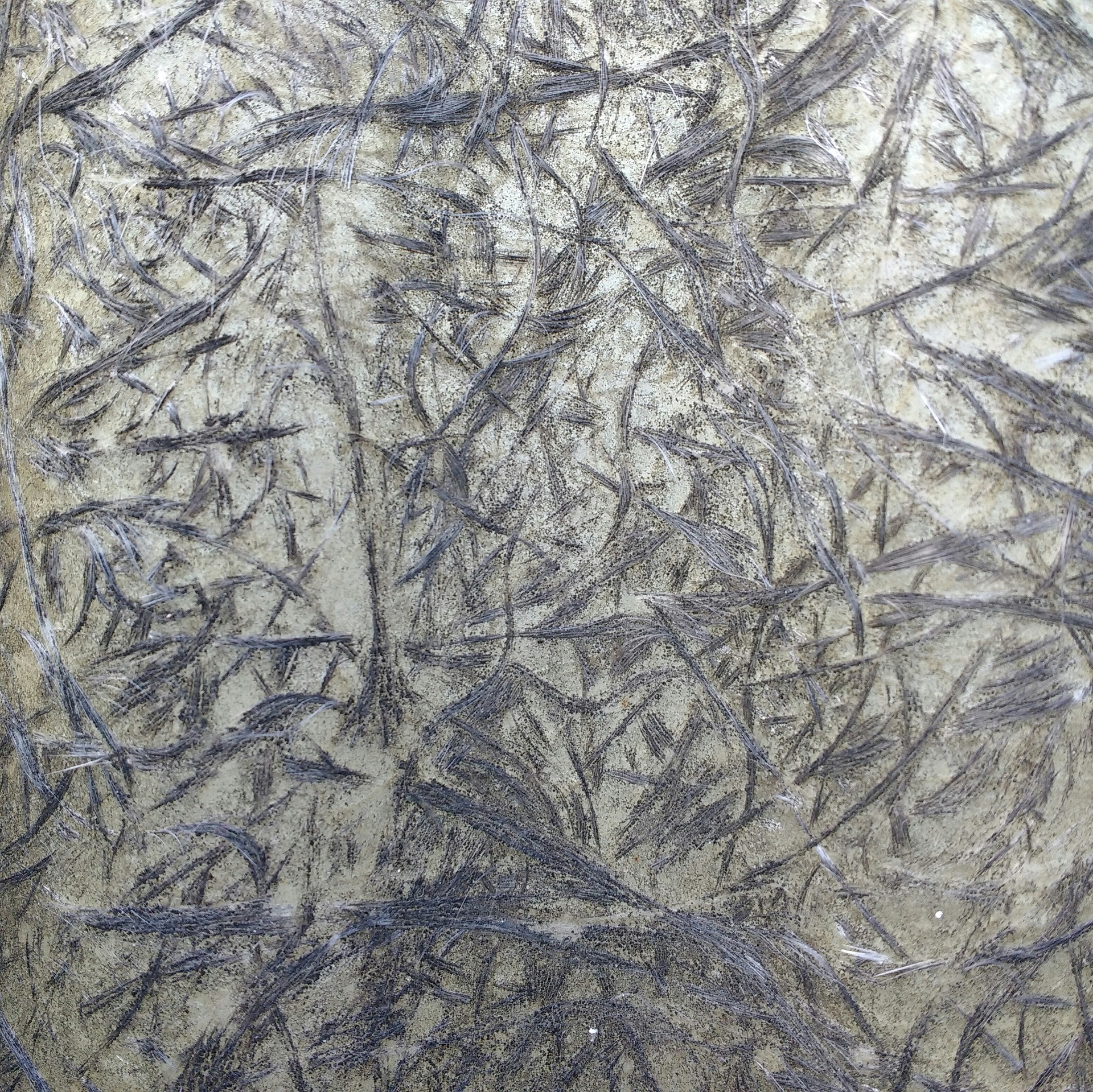High Quality Silicone elastomer compound
Best suppliers of Silicone elastomer compounds.
- Silicone Rubber for Polymeric Insulators

High quality silicone rubber molding compound for high voltage insulator applications which require excellent performance in contaminated environments. Typical applications include composite insulators, arrestors and bushings.
- Excellent Tracking and Erosion Resistance
- Low plasticity for ease of injection molding
- Superior Water Repellency (Hydrophobicity)
- Good mold release
- Good Dielectric Strength
- Low Leakage current
WHAT IS SILICONE RUBBER
Silicone rubber is a synthetic, or man-made, compound known for its weatherability and ability to maintain useful properties over a wide range of temperatures. Silicone rubber is an electrical and thermal insulator. It is resistant to oxidation, has low surface energy, and resists degradation from ultraviolet (UV) radiation. These properties make silicone rubber a good choice for electrical insulators. The properties of silicone rubber come from the structure of the polymer. Heat stability and resistance to oxidation and weathering are derived from the strength of the siliconoxygen bonds. A flexible polymer chain gives low surface energy (hydrophobicity) and low temperature flexibility. Organic (containing carbon) side groups attached to the silicon atoms allow for crosslinking and tailored applications (i.e., increased heat resistance, solvent resistance, increased strength, decreased compression set, increased arc track resistance, or increased cure rate). A polymer is composed of very large olecules that contain atoms arranged one after another in a chain-like manner, with each link of the chain being the same basic unit. The word polymer is Greek for “many parts;” thus, polysiloxane is many siloxane units. The chain-like arrangement repeats in regular cycles, so the structure can be written as repeating segments . The segments are identical, with the number of repeating units indicated by the letter “n.” When “n” is small (low molecular weight), the polymer exhibits low physical properties, and in some cases, it may be a liquid. As “n” increases (molecular weight increases), the polymer’s physical properties are improved. Silicone rubber polymer chains are between 3,000 and 10,000 monomer units in length. Manobhu provides the best Silicon rubber compound in the industry.


